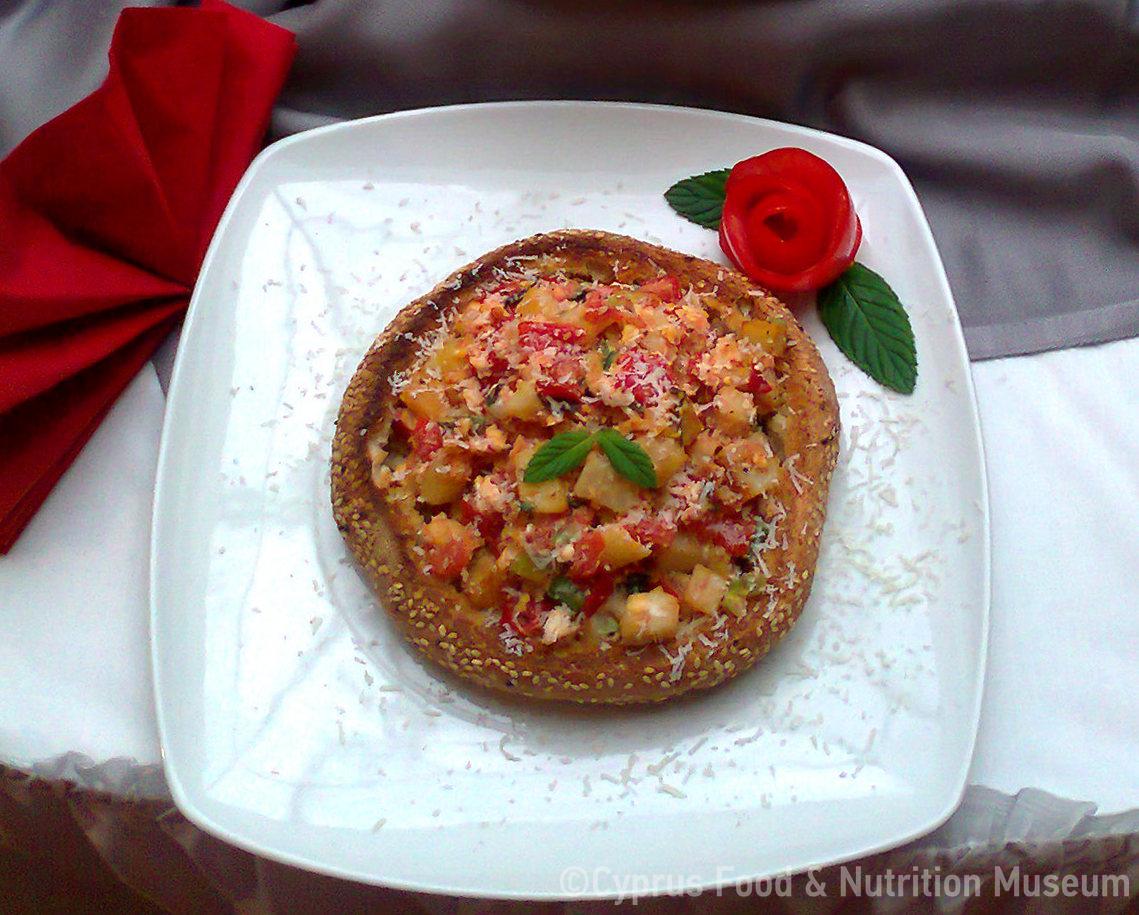The word oón refers more to a hen’s egg
Name - Origin
Αυγό. Egg.
The name oon refers more to a hen’s egg (Liddell and Scott 1996)
Functional and symbolic role
Hen’s eggs or other poultry eggs were probably part of the diet of the ancient Cypriots from very early times, but we do not know more about the methods of preparing eggs or about their consumption.
Eggs seem to have had symbolic significance since the Archaic period (6th c BC) onwards; bowls filled with eggs have been found as offerings in graves (Michaelides, 2008 p.24). The association of eggs with death and the creation of new life is a reference to the eventual symbolic use of eggs during Christian Easter celebrations
Additional information and bibliography
The egg is mentioned as a dessert by Clearchus of Soli (4th-3rd c. BC) in his work ‘On riddles’. The passage is quoted by Athenaeus (2nd-3rd c. AD) in his work ‘Dipnosophistae
Athenaeus, Dipnosophistae 14.649a in: Gulick, C.B. translation (1980) Athenaeus-The Deipnosophists, Loeb Classical Library vol.6. Cambridge: Harvard University Press, 506-507.
Liddell and Scott (1996) A Greek-English Lexicon, Oxford: Clarendon Press
Michaelides, D. (1998) ‘The Food in Ancient Cyprus’ στο: Lysaght, P. Food and the Traveller-Migration, Immigration, Tourism and Ethnic group. Nicosia: Intercollege Press.
Natassa Charalambous

